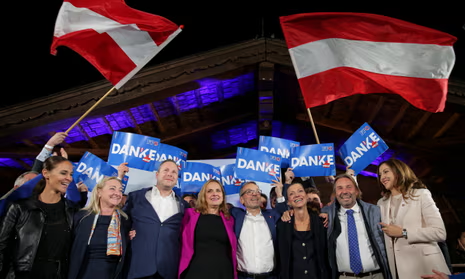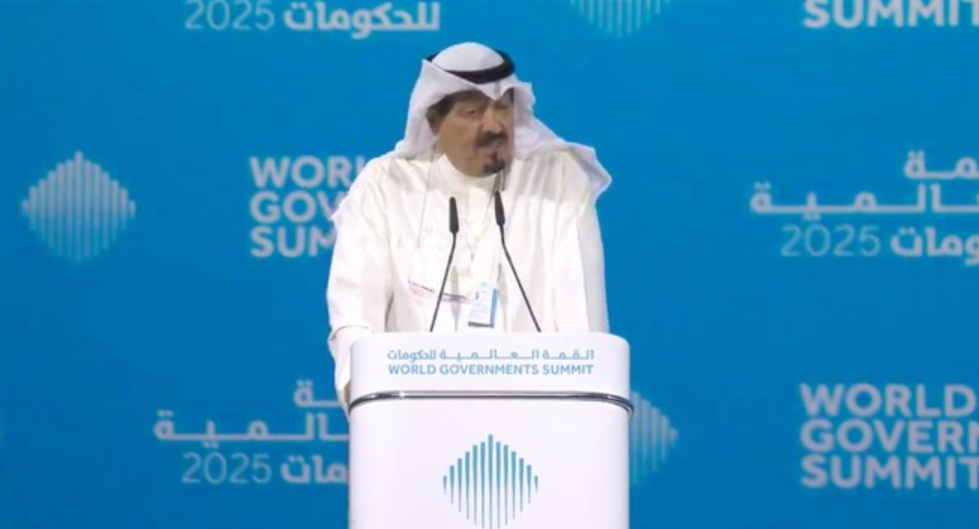Austria’s Political Landscape Transformed: Far-Right Freedom Party Emerges Victorious in 2024 Elections Amidst Growing Public Discontent
The political landscape in Austria has indeed shifted dramatically in 2024, marked by the rise of the far-right Freedom Party (FPO) under Herbert Kickl. The FPO’s success in both the parliamentary elections in September and the European Parliament elections in June signifies a growing trend in European politics, where dissatisfaction with traditional parties has led to the rise of populist and nationalist movements.
Key factors contributing to the FPO’s rise include:
- Public Dissatisfaction: The handling of multiple crises, including economic challenges and immigration, has fueled public discontent with mainstream parties like the Austrian People’s Party (ÖVP) and the Social Democratic Party (SPÖ). The FPO has adeptly positioned itself as a voice for those who feel overlooked by the establishment.
- Historical Context: The FPO’s origins in the post-war era and its complex evolution from a liberal anti-Kremlin organization to a far-right populist party reflect broader changes in Austrian society. The party’s past, intertwined with former Nazi officials, adds layers of controversy but also a sense of historical continuity in far-right politics.
- Charismatic Leadership: Herbert Kickl’s leadership has been pivotal in reshaping the party’s image and appealing to a wider electorate. By focusing on nationalistic themes and critiquing immigration policies, he has galvanized support, particularly among those who feel threatened by demographic changes.
- EU Dynamics: Austria’s political shift mirrors trends in other European countries, suggesting a collective dissatisfaction with the EU and its policies. The FPO’s anti-EU stance resonates with voters who are concerned about national sovereignty and immigration.
- Polarization: The political environment in Austria is increasingly polarized, with the FPO capitalizing on fears and anxieties regarding immigration, economic instability, and cultural identity. This polarization can lead to more entrenched positions among the electorate, making compromise and collaboration among parties more challenging.
As Austria navigates this new political reality, the implications for domestic policy and its role within the EU will be significant, potentially influencing broader European political trends as well. The FPO’s rise reflects a complex interplay of historical, social, and economic factors, illustrating the changing dynamics in Austrian and European politics.














Post Comment